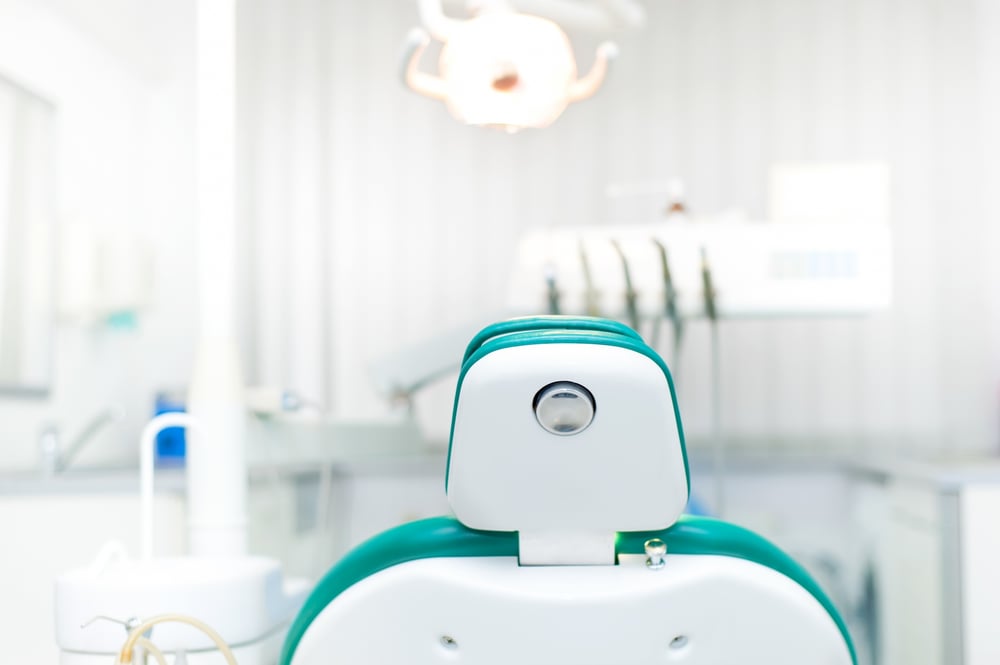Posted by Amy Carbone on Jun 6, 2019 9:30:00 AM
Purchasing your own practice calls for extensive research and comprehensive due diligence. After all, the details you uncover could have a direct and profound impact on your life for the rest of your career. Consider the impact each of the following areas will have on your life (both now and in the future), as you make this big decision.
Where Do You Want to Establish Your Practice?
If you have a family, you may not want to uproot them and move to another state or even another coast. However, flexibility may offer rewards. Some states are simply better than others for building a successful dental practice. Points to consider may include the overall demographics of the state, the ratio of dentists to the population you wish to serve, the average annual salary of dentists and the percentage of the population with insurance.

How is the Practice Doing Now?
There are a few common key metrics a dental professional may want to consider before purchasing a practice. These include the patients — not only the demographics but also how promptly they pay their bills — the payment methods, and the amount of profit the practice currently generates.
Understanding the demographics might just be the most important consideration of all. For instance, if you are a young dentist coming into an established practice, you may experience some attrition initially from patients who won't trust that you have the experience and insight of their previous provider. Knowing why the dentist wants to sell the practice, and why there is or isn’t much interest in it, may help you to determine underlying problems.
What is the Long-Term Cash Flow Potential?
Long-term cash flow potential may be different from how the practice is doing at the time of purchase. Ultimately, the changes you make could influence the future profitability of your practice. To try and understand long-term profitability potential, carefully assess the job market, crime, demographics and trends that could affect the number of patients in your area. You may also want to understand the local competition and whether they’re expanding or retreating.

Are the Premises Adequate?
If the practice you intend on purchasing includes a physical space, you’ll need to assess and consider that as well. Moving locations may cause additional friction for existing patients.
When you’re assessing the current space, consider whether there is room for the practice to grow — i.e., can you renovate down the road or expand the physical parameters of the location? Would the structure, property lines and municipality allow it? If the space is leased, talk to your lawyer about negotiating changes and getting any agreements in writing.
Another important consideration is the state of the equipment in the current practice. Will you need to make an immediate investment in upgrades, or is the equipment in solid enough shape to see you through the first few years without an additional outlay? If you need to, it may be worth paying a professional technician to make that determination.
How Do You Want to Utilize the Existing Staff?
When you purchase a practice, you generally inherit the existing staff including receptionists, dental assistants, hygienists and billing professionals. Unfortunately, this may be alienating and a source of frustration since they’ll likely know each other better than you know them.

Consider how you’ll utilize the staff as a resource and an ally to get past the initial learning curve of working together and thrive. They may be able to provide valuable insights about your patients, explain billing issues and help drive new clientele to your office. Being aware of any defensiveness on your part, or the need to make the office immediately "yours," may be an important initial strategy for a good long-term outcome.
Should You Partner with Other Individuals?
Going into business alone means not sharing the profit. It might also mean not sharing the hours or burden of management. If you think, after your initial assessment, that offering a range of specialized services will help you to attract and maintain a stronger base of clients, then partnering with one or more other dentists might be a good idea. On the other hand, you may have less chance to personalize the practice if your partners don't share your vision.
What Sort of Insurance Do You Need?
Dental practices utilize a wide range of coverage, some of it mandated by the licensing requirements of the state. Speak with an insurance professional to determine what coverage is right for the specific variables of your practice.
About Treloar & Heisel
Treloar & Heisel is a premier financial services provider to dental and medical professionals across the country. We assist thousands of clients from residency to practice and through retirement with a comprehensive suite of financial services, custom-tailored advice, and a strong national network focused on delivering the highest level of service.
Treloar & Heisel and Treloar & Heisel Risk Management are divisions of Treloar & Heisel, LLC.
Insurance products offered through Treloar & Heisel, LLC.
Treloar & Heisel, LLC. and its divisions do not offer business purchase/ownership or legal advice. Please consult a professional concerning these topics.


